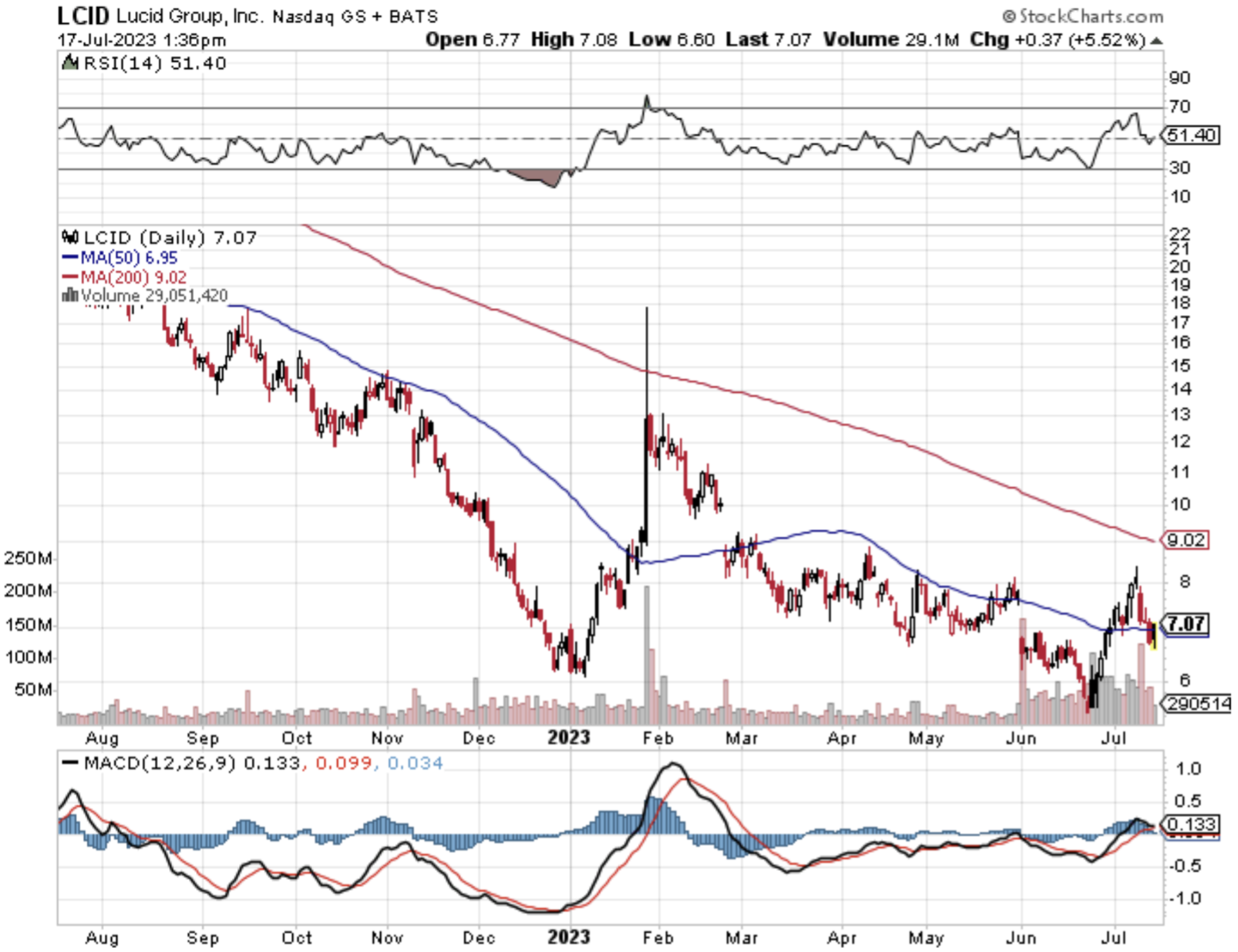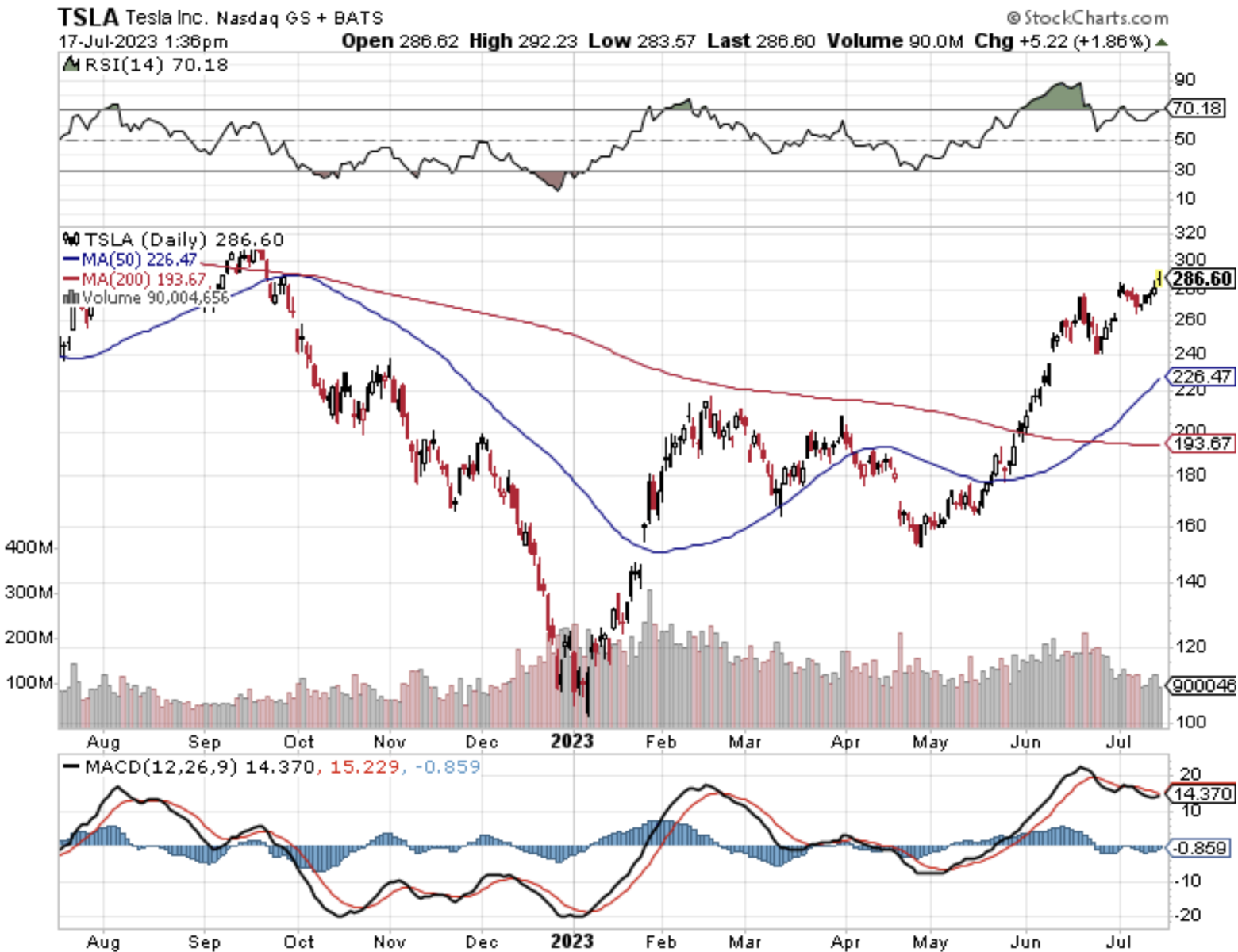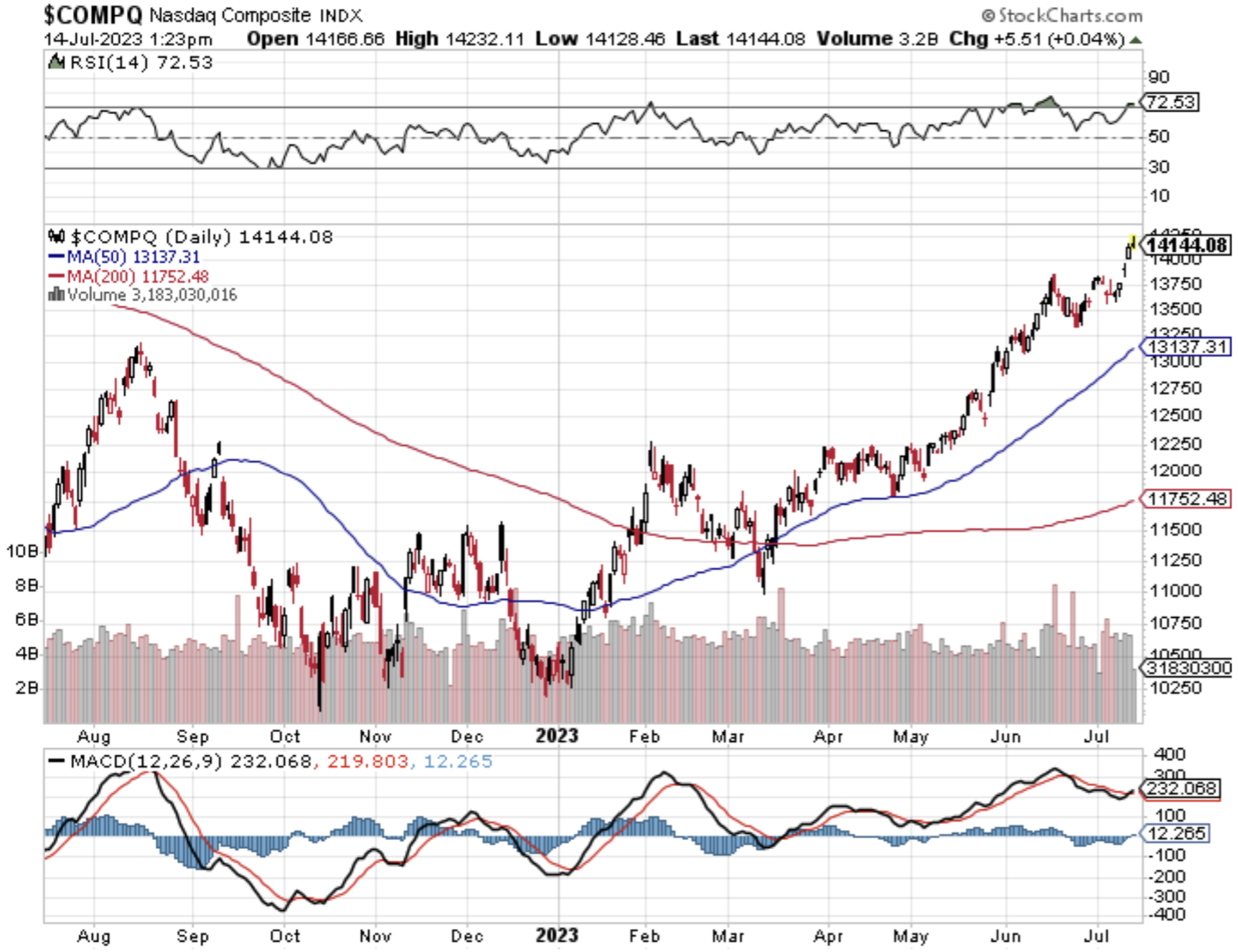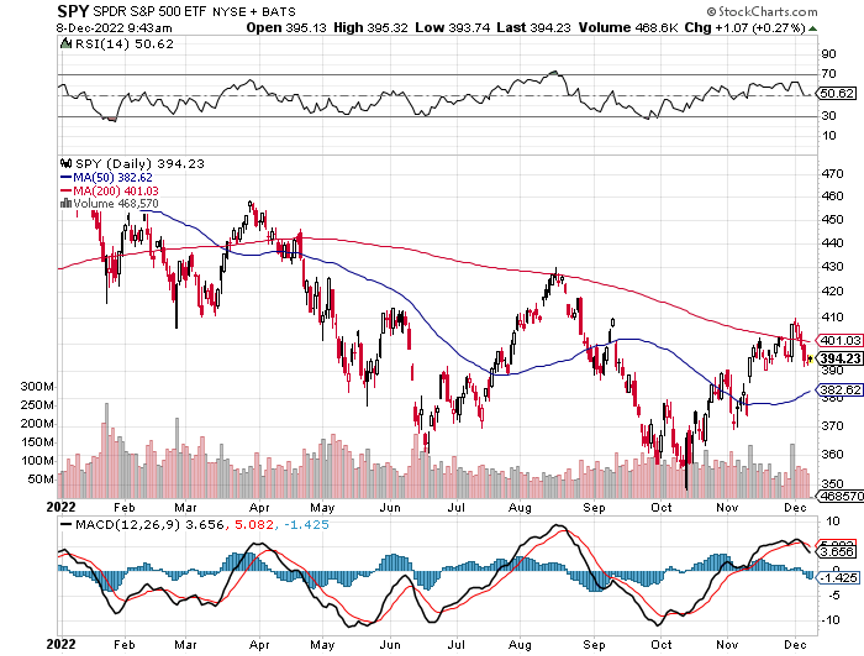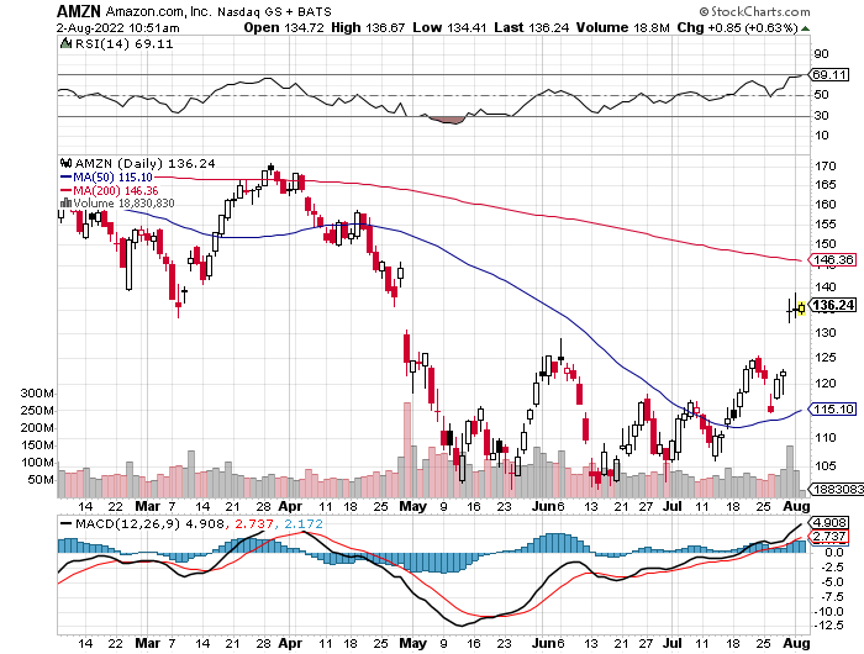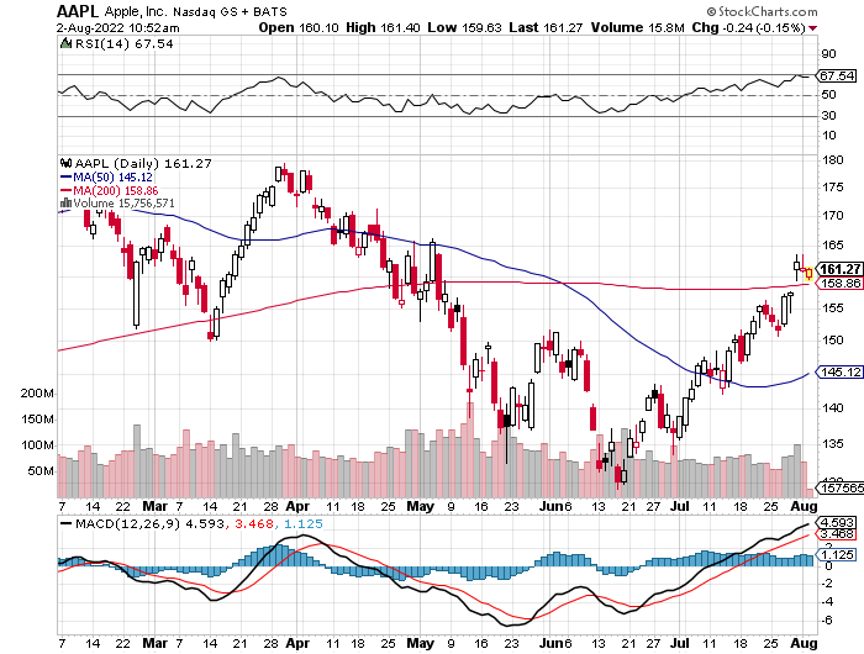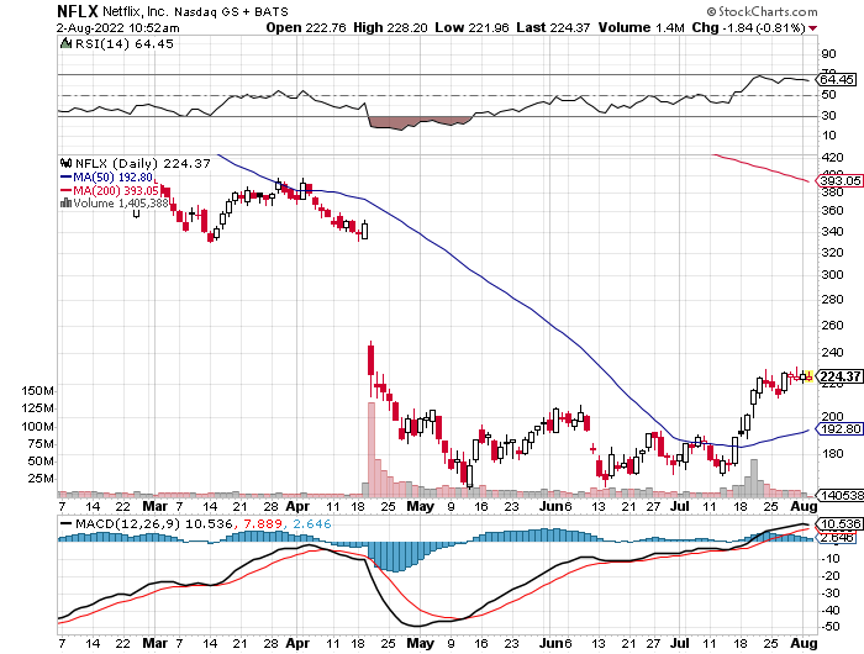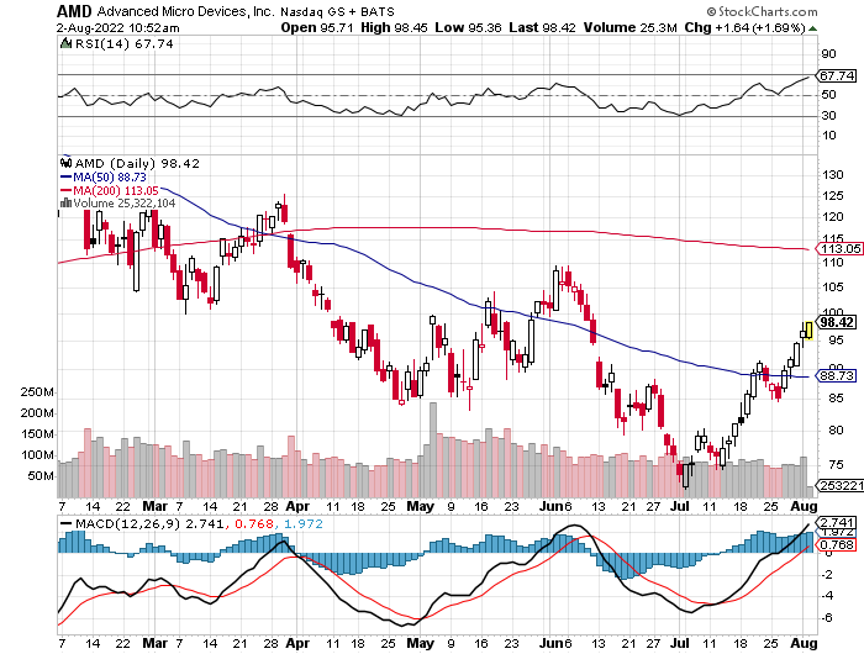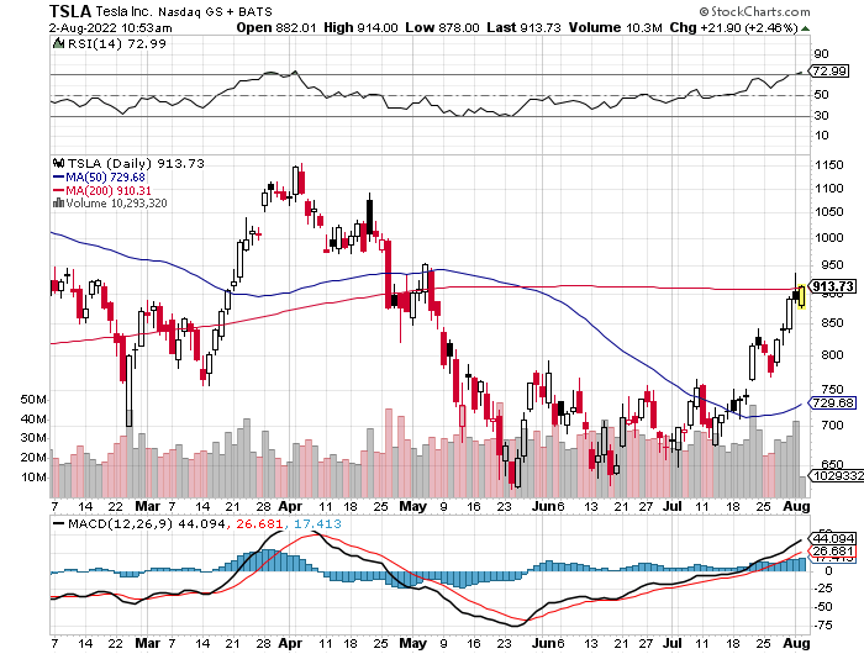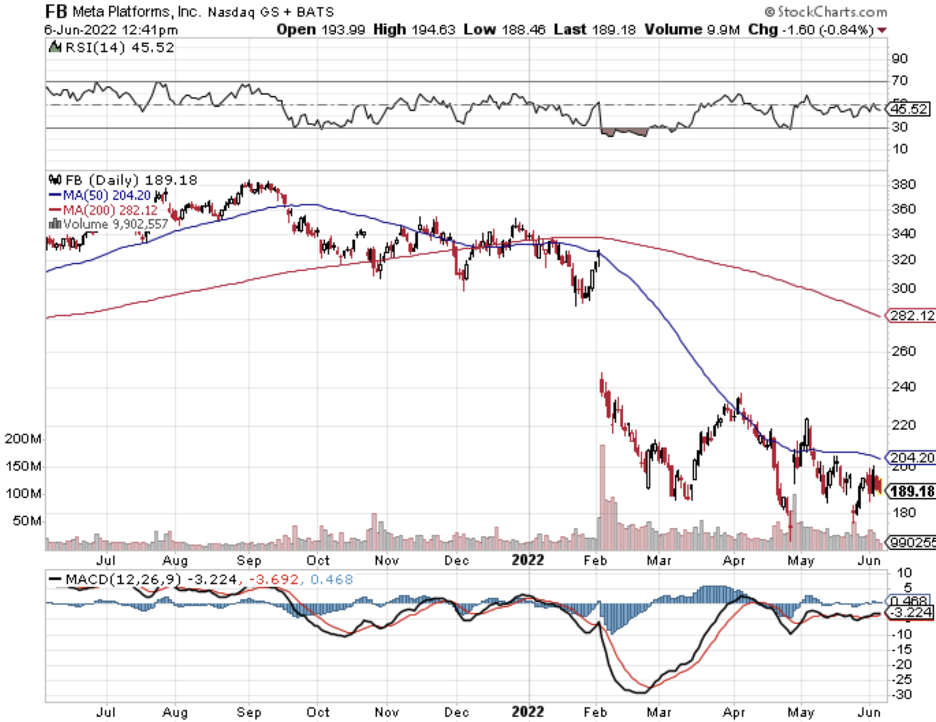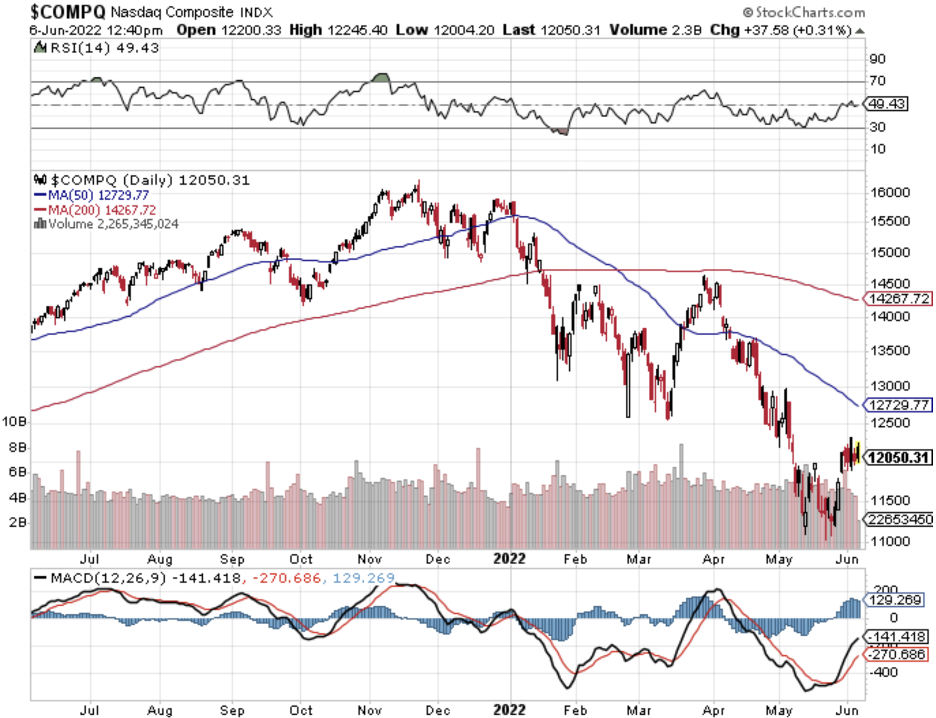Is it worth it to invest in the “next Tesla” or is it way too optimistic there could even be a next Tesla?
This upstart challenger to Tesla, Lucid (LCID) is more or less what I thought about Tesla a few years ago – buy the car and not the stock.
Like many businesses in the world – it comes down to time and place.
Tesla benefited from generous federal subsidies, first mover advantage and LCID is just a little late to the action.
Why does that matter?
Tesla had its knife and fork at the table by itself when nobody else wanted to join them.
The problem with legacy automakers is that it took them too long to realize that EVs were a tsunami instead of a splash in a pond.
I know with conviction that EV makers like LCID are slogging through because of the numbers that materialize in their earnings reports.
The numbers are a manifestation of the time and place phenomenon that I just mentioned.
LCID continues to face major cash flow issues and will be lucky to exist in a few years.
A high burn rate is a hallmark of smaller EV companies and even Tesla had to be saved at the last second it its early days.
LCID simply doesn’t have the expertise and economies of scale to bring down the unit economics where it delivers a profit.
This achievement is also pushed out far into the future.
We are also seeing a widening gap in its production and deliveries, with approximately 4.76K units undelivered, with a growing inventory value of $1.01B.
LCID's resale value appears to be drastically impacted, with one recently auctioned for $85K, compared to the base model of $110,000.
The intense capital burn has forced LCID management to issue more common stock which dilutes current shareholders and suppresses the stock price.
While LCID may have won the battery competition through its longest driving range and market-leading design, the management's choice to go premium has clearly undermined the mass market.
This is a segment that fellow automakers such as Tesla (TSLA) and BYD (OTCPK:BYDDF) have invested great efforts while improving their supply chain and pricing strategies.
This alone suggests LCID's highly niche market segment based on the hefty price tag of $150K per unit, compared to TSLA at $40K and BYD between $20K to $30K (in China), effectively will stoke higher cash burn levels.
For now, LCID has not achieved break-even, selling every EV at a loss.
This signals weak consumer demand for LCID.
This automaker's expanded annualized production capacity of up to 90K vehicles in the AMP-1 facility and up to 155K in the Saudi Arabia facility.
Production is still miles behind Tesla at a time when supply chains and material costs are squeezing EV makers even more.
When we consider that the stock was trading at $20 per share just 1 year ago, the stock languishing at $7.50 today represents quite a pitiful performance.
I do acknowledge they make quite a nice EV.
However, it’s still highly debatable whether its business model is sustainable.
I do believe that around $4 per share is a good entry point for this EV maker.
Any pop from $4 should be sold.
There is no reason to overpay for LCID right now in a market that values accelerating and positive free cash flow.
Better the stock come to you than to go fishing for it.

